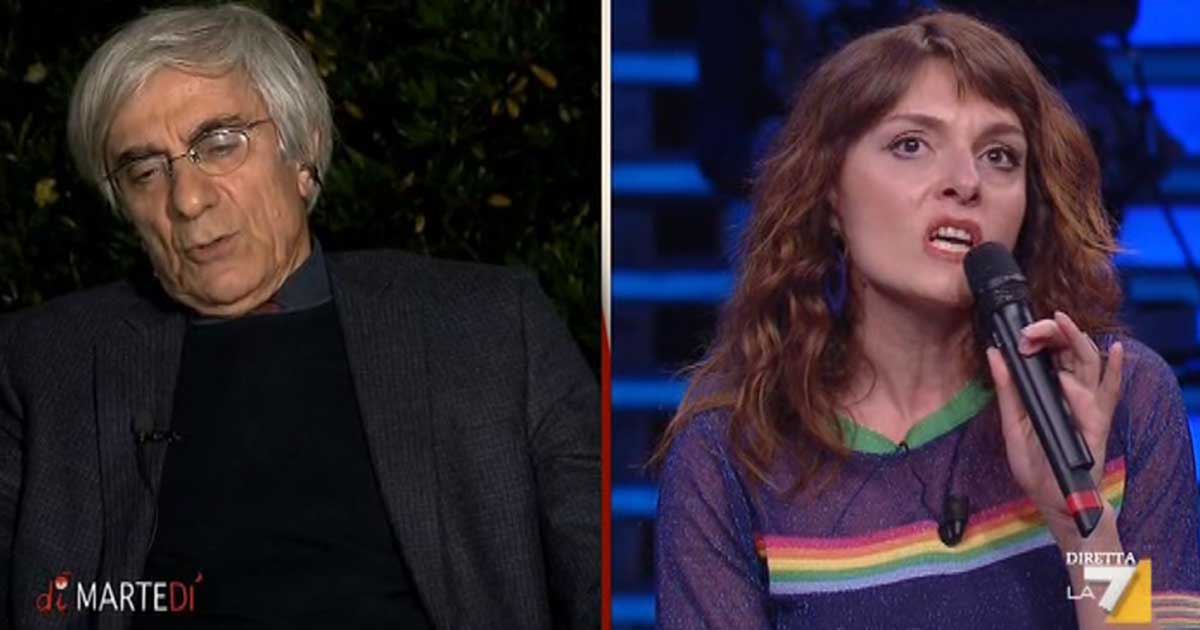He has been in charge of UNICEF Andorra for more than two years, and in that time he has observed how emergencies multiply year after year and not just miles away. In addition to funding international projects, the NGO has also raised awareness of mental health issues and screen addiction among children and adolescents in our country because material and psychological well-being should go hand in hand.
UNICEF has been concerned about the declining birth rate for some time. Is housing related to the issue?
More research needs to be done on this, on the impact of this housing situation on childhood. There are no sub-habitats at the observatory, but we all suspect something else is going on. And in the parenting study that we presented, there was this famous figure for the average monthly cost of having a child, which is 747 euros, and if you compare it to the average rent and the average salary, of course you see that it becomes very difficult if the average earner is two thousand and a little.
Daycares have risen again… There are only 40 euros and 440 euros will be paid.
We have, for some time, advocated for free day care. We even counted it and it seemed to us that it was a very likely cost at the state level. We were talking about between 800,000 and 1 million euros a year. It's a very clear, very clear measure to help families.
And very tangible.
If we talk about reconciliation and being able to share the burdens of parenting in a more socially equitable way, this could be an easy measure to implement.
Child-friendly parishes. What's next?
Now that municipal elections have been held, we would like to encourage these new councils, and the new consuls, to take a step forward in implementing local plans for children and youth. We know that this is challenging and that it is not equally easy for all members of the public. But now that new companies and new illusions are emerging, we are not critical of the old companies at all, and this will be a good time to rejoice and actually plan for this, that we can really move forward and we can sustain this. Our unique privilege in the world is that all our cities are friendly parishes.
To get a certificate?
Not only. We want to encourage new consuls to take this step to have a greater level of involvement and to be among the general public close to their childhood and youth.
Has UNICEF been significantly involved in mental health? What balance does it create?
We ran the Breaking the Taboo campaign with Gina del Rio and the Children's Observatory collected data on mental health for the first time. We like to think that we have accelerated awareness and that there should be no problem with needing support for a mental health issue. We have also focused on bullying in schools, although much more is being done and could be done for the overall well-being of children, which we already know here in Andorra is not a purely physical issue. Although quite a few things are coming up at the observatory, it's not about absolute food shortages, but a lot of progress can be made in the field of mental health. That is why we welcome this government initiative to start covering psychiatrists and also encourage them to expand it and cover more conditions and more treatments.
Does studying the impact of screens on pre- and post-adolescents raise awareness of the problem?
We are very happy with how the debate has progressed, and now everyone is talking about it. I think on the 23rd, we've made more progress in this regard, and we've also made progress in identifying that the mobile phone can be a source of poor mental health.
And what can be done?
I like to remember the four actions we can do as a family: one, meet Peggy, and the other, set boundaries and controls. Don't be afraid to pick it up and say what do I know, there is no mobile phone in the car for example, the other is not to use the mobile phone at the table and the other is not to use the mobile phone after midnight, as it is known that teenagers do not sleep enough and need to sleep more So much, the mobile phone in this sense is a great enemy. This is something that should be done for the benefit of the children's comfort.
Will they do more this year to promote digital wellbeing for young people?
We want to keep doing things and we want to find partners to move forward and keep advocating for more levels of awareness and finding more technologies and better practices so that we can advance the use of mobile phones.
Should cell phones be banned in school?
We are not cell phone demonisers, we are pro-good mobile phone usage. It has a lot of really good things. In addition, UNICEF supports programs to facilitate Internet access in schools in countries facing difficulties in this regard. It all depends on how you use it, you have to educate, you have to train the dwarves so that they distinguish and know what is good use and what is not. On the one hand, there are kids struggling to access the internet, and on the other hand, here we have kids with the latest cell phones with unlimited data with little usage guidelines. It's a challenge for parents, a big challenge, and what we want to do is raise awareness.
Looking at this year, what are the priority lines of action?
The observatory should be supplemented with more data. We know there will be new waves of data. We are also deeply concerned about drug, alcohol and tobacco use among adolescents. And what I was saying before studying childhood and housing. Let's see what effects there might be. We are also concerned about a third issue: child poverty. We always say the same thing at the Observatory: the risk of physical privacy is much higher in single-parent families, but here we believe more research needs to be done.
By what logic?
Recently, data came out from Catalonia and Spain and it was very serious, phenomena there usually have their counterpart here, and we already know that this needs to be said carefully, but when things happen there, they are worth looking at here as well.
As for the projects they fund, do we remember them?
We are continuing two projects from last year: the one on gender equality in Afghanistan and the one on eco-villages in Madagascar. We are especially happy because we got so much support for the Madagascar project through the opera we performed on December 21st. It went very well and we got enough support to finance the production of the play and that everything we raised could go to Madagascar.
So they are satisfied with the solidarity shown by the community once again.
As I said, we are very happy that we were able to do a cultural event like Opera Rigoletto. We hope it will happen again. We worked our magic, had a space for solidarity and a presence at the Andorra la Vella Fair. In general, the Andorran community treats us well and we continue to ask for their support. At the same time that we see $9.3 billion needed by UNICEF committees for projects in 155 countries by 2024…
Is the world falling for them?
We must necessarily choose some projects. We cannot say that we will help in general. That's why we love to talk about our projects, but the world is a little above us. But one of the drawbacks and the blessing of working with UNICEF is that you have a planetary perspective. The planet means all countries, and we will never stop receiving this blue hat from UNICEF, which for us is a priority for the whole world and for all children.
And the emergencies do not stop increasing.
There are more unexpected events in the world than ever before. When I arrived here at UNICEF, in 2021, we did not have an emergency, in 2022 we had the war in Ukraine and enough was enough, and in 2023 we actually started the year with the earthquake in Syria and Turkey and then we did not stop. It's a continuum. What UNICEF is doing is sending a request to the whole world and trying to get this idea across that UNICEF has a global mandate and is for the benefit of 4,000 million children in the world and that they should try to find a solution. It means being able to meet all needs.
In February, it will be two years since the conflict in Ukraine. And now in Gaza we see very horrific pictures of children killed or injured. Are we in danger of fortifying ourselves?
They are places with chronic conflict, such as in Congo. Who remembers what happens there? One fact overlaps with another. But it is children who have to live with painful processes that last, and this should make us think.

“Freelance social media evangelist. Organizer. Certified student. Music maven.”



